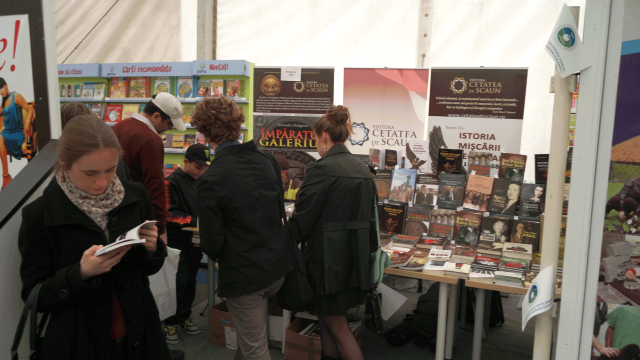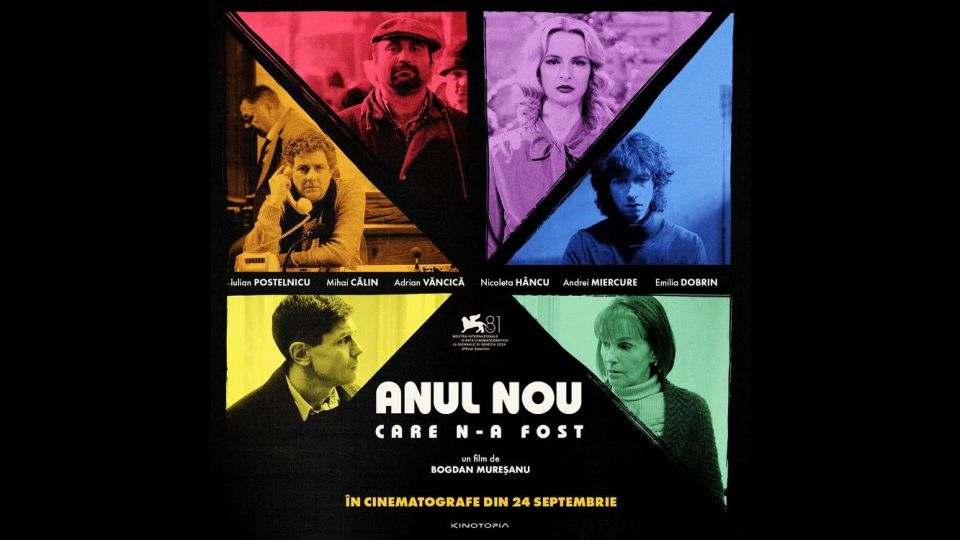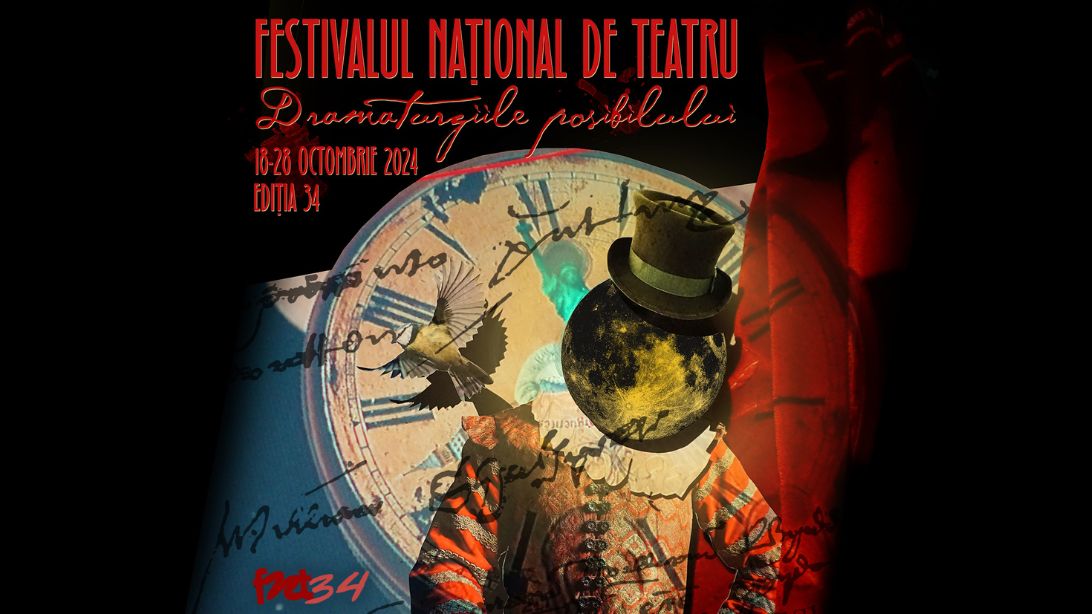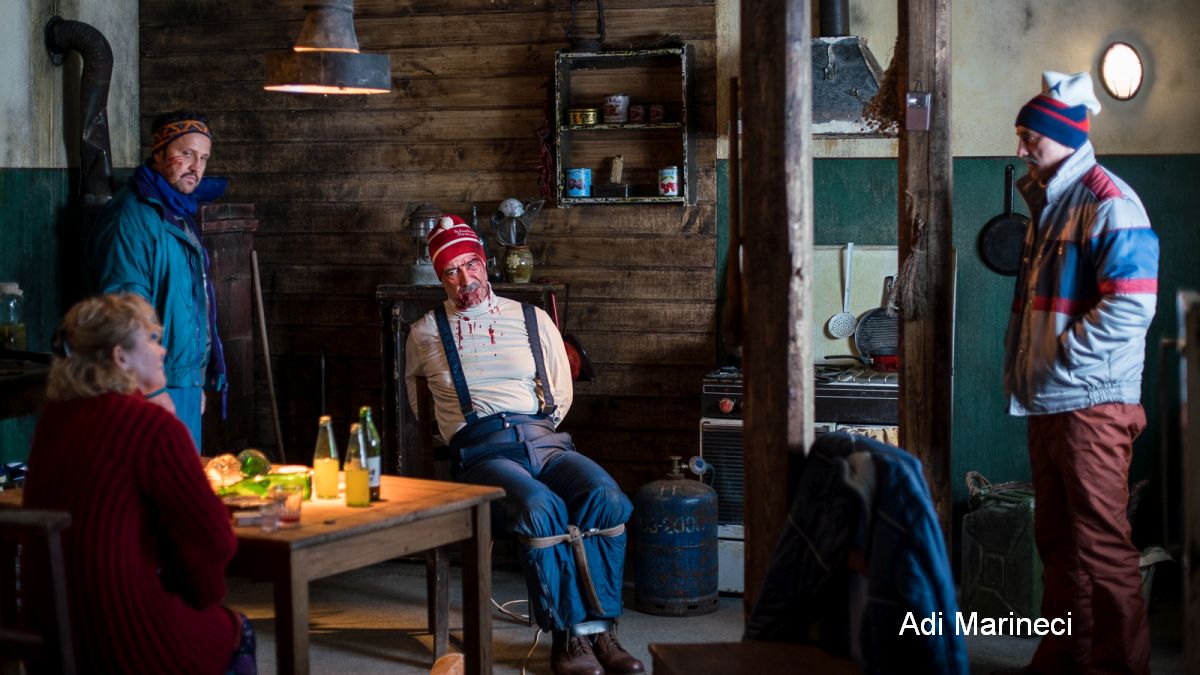The best-selling books in Romania in 2014
Today we will look at two of the best-selling books in Romania in 2014, two collections of poems, one by Adela Greceanu and another by Bogdan-Alexandru Stanescu, which were among the best-selling titles at the Gaudeamus International Book and Education Fa

Corina Sabău, 07.02.2015, 14:11
Today we will look at two of the best-selling books in Romania in 2014, two collections of poems, one by Adela Greceanu and another by Bogdan-Alexandru Stanescu, which were among the best-selling titles at the Gaudeamus International Book and Education Fair organised by Radio Romania in November 2014.
“With a narrative structure revolving around situations, characters and ideas that shape a world of their own”, Adela Greceanu’s “Words Are Themselves a Province” “is a poem about loneliness, about being sidelined, about womanhood, but also about language, its limits and frailty”, writes the poet in her foreword to the book published by Cartea Romaneasca. Attending the book launch in November 2014, writer Nora Iuga and journalist Ovidiu Simonca had contrasting views on the book.
Nora Iuga believes Adela Greceanu’s latest book is about loneliness, whereas Ovidiu Simonca claimed the opposite: “I believe this book is about loneliness only to a certain extent. The loneliness part is evident, we have a female character who is the embodiment of loneliness. She keeps herself to herself, she spends the day by the window or enjoys a ride on a packed bus in the evening. But at the same time this isn’t a book about loneliness, and this is very transparent in the concept of the book, which has a picture of the character seen from behind on its cover. The character’s first words are also telling: ‘The small town woman in me watches everything, but there’s no one to watch her from behind, as she stands there with her womanly back firm’. This is the exact image on the cover, and by choosing it, I’m contradicting Adila, the lonely protagonist of this book. Because now everyone looking at the book can see her standing all alone, looking through the window, seeing a woman or a little girl and her long brown hair. It may seem a cliché, but poetry does help us ward off loneliness”.
For Adela Greceanu, poetry helps her manage her relationships with the world and herself and through poetry, she feels she can start all over again: “I believe that through literature, poetry in particular, we have the chance not only not to be alone any more, but also to join the loneliness of others. I think this is one of the few ways of being together with someone. I received a lot of feedback for this collection of poems, both from people whose opinion is very important to me, but also from people I don’t know, and I was impressed. The book seems to have touched many people and it feels as if it was somehow expected. Maybe because before publishing the book, I read many of these poems at the literature festivals I took part in and was glad to see how well they were received.”
Bogdan-Alexandru Stanescu is our second guest today. He is recipient of the Young Writer Award at the 2014 Young Writers Gala, where he was hailed by the jury for his ability to approach a variety of genres. His latest work, entitled “anaBASis”, features 12 illustrations by Laurentiu Midvichi.
Here’s the author telling us more about the book: “anaBASis is connected to another book of poems entitled ‘After the Battle, We Took a Deep Breath’. In fact, it may be considered a continuation of this collection, because the latter was never finished. anaBASis ends this cycle of happy poems, although perhaps ‘happy’ is an overstatement. I am referring to the key images Nabokov used to speak about, images which can give birth to a novel or especially short story, because short prose must start from a key image, even a book of poems. Unlike After the Battle, We Took a Deep Breath, anaBASis is based on the image of the 100,000 mercenaries who passed through the Persian Empire during their travels, through the dessert and the mountains. The moment these mercenaries reached the coast, as the historian Xenophon writes, appears to me as one of the happiest moments in the history of mankind. I felt that this historical moment is linked to my own moments of happiness, that there is a correspondence between the private history of individuals and the history of the world. I am therefore puzzled when some people don’t understand why I feel a connection with the Greeks and Persians. I’m neither the first, not the last poet to start from a historical fact to meditate on his or her own life and memories.”
Literary critic Cezar Gheorghe says Bogdan-Alexandru Stanescu’s books contradict some of most entrenched prejudices of the literary world, such as the fact that you cannot write good literature if you first worked in literary criticism. He believes that Bogdan Alexandru Stanescu writes literary criticism and poetry much better than other authors whose writings are published in almost all literary magazines.
Here is Bogdan Alexandru Stanescu again: “Cezar has a good point. There is this prejudice that if you have embraced a certain literary genre you cannot switch successfully to a different genre, because people will then say you are not consistent. But there are a few of us who approach literature in a different way. Literature comprises everything. You write a critical article about a book of poems or fiction because you like to read. If you like to read and think you have something to say about it, you say it, and you don’t need to be a literary critic to do this. I don’t consider myself a literary critic. I’m not a university professor, I don’t show off my knowledge of literary theory in my articles, all I’m doing is express my views about a certain poem or book in an honest way. Honesty plays an important role in this profession. I don’t think being a critic should prevent me from writing poetry, which I see as an essential part of my existence.”






























